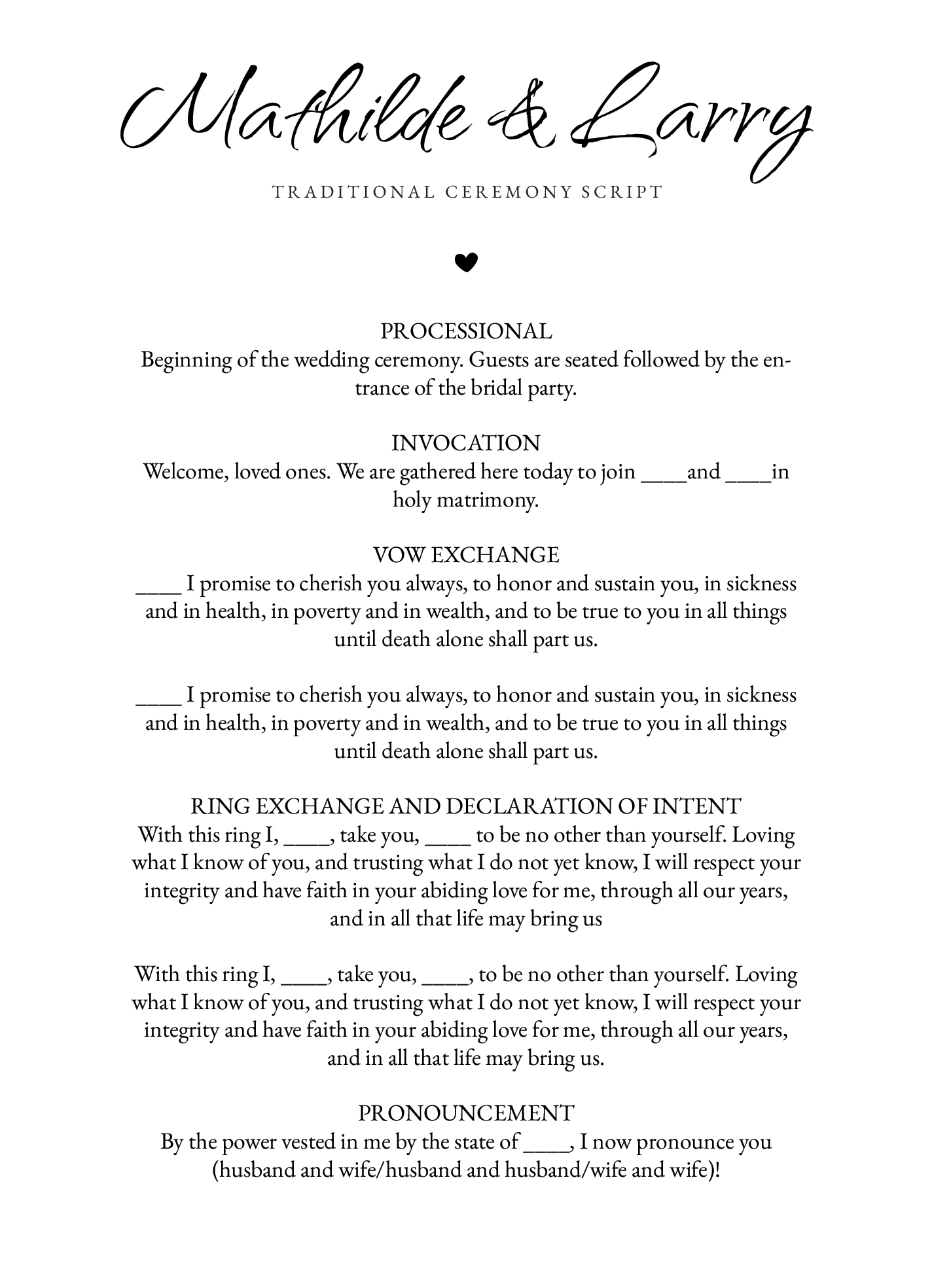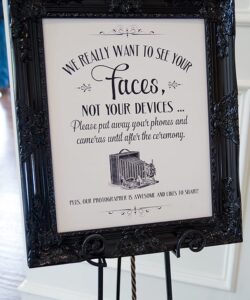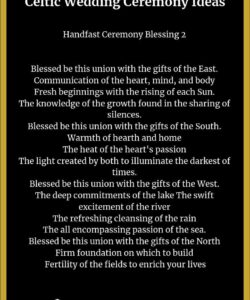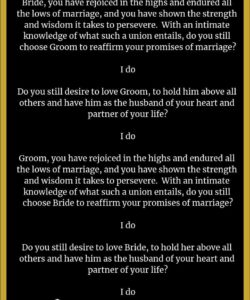Planning your wedding can feel like a grand adventure, filled with decisions big and small. Amidst all the excitement of choosing flowers, finding the perfect venue, and tasting cakes, one of the most heartfelt parts of the day is often the ceremony itself. For many couples, simplicity is key, focusing on the genuine connection and commitment without unnecessary frills. This approach often leads to a desire for clear, heartfelt, and, well, basic wedding ceremony wording that truly speaks to their bond.
A basic ceremony doesn’t mean it’s any less meaningful or beautiful. In fact, stripping away the elaborate layers can often highlight the profound significance of the promises being made. It’s about getting straight to the heart of what marriage represents: love, partnership, and a shared future. When you opt for a simpler structure, the words you choose become even more pivotal, carrying the weight of your intentions and emotions.
Whether you’re eloping, having a small backyard gathering, or just prefer a straightforward exchange of vows, understanding the core components and how to phrase them simply can save you a lot of stress. Our aim here is to help you navigate the process of crafting a ceremony that feels authentically you, using language that is both timeless and easy to understand, ensuring your special moment is remembered for its sincerity and beauty.
Understanding the Essence of a Basic Wedding Ceremony
When we talk about a "basic" wedding ceremony, we’re really focusing on the core elements that define a marriage union, presented in a clear, concise, and heartfelt manner. It’s about distilling the ceremony down to its most essential parts, ensuring that every word counts and contributes to the profound nature of the commitment being made. This approach often appeals to couples who prefer sincerity over spectacle, and intimacy over elaborate displays. A basic ceremony typically includes a welcome, the declaration of intent, vows, the exchange of rings, and the pronouncement of marriage. Each segment is designed to flow seamlessly into the next, building momentum towards the joyous conclusion.
One of the beautiful aspects of a basic ceremony is its versatility. While the structure remains simple, the specific wording can be tailored to reflect the couple’s personalities and beliefs. For instance, vows can be traditional and straightforward, or they can be personalized with simple promises that resonate deeply with the couple’s shared journey. The key is to keep the language accessible and genuine, avoiding overly complex metaphors or lengthy narratives. This allows guests to easily follow along and feel fully present in the moment, sharing in the couple’s joy and commitment.
Moreover, choosing basic wedding ceremony wording doesn’t mean sacrificing emotional impact. In fact, often the opposite is true. Simple, direct language can carry immense power, conveying profound love and dedication without needing flowery embellishments. Think about classic vows that have stood the test of time; their strength lies in their clarity and directness. When you strip away the extraneous, what remains is the pure expression of two people choosing to spend their lives together, and that in itself is incredibly moving.

Consider the officiant’s role in a basic ceremony. Their words set the tone, guide the couple and guests through each stage, and ultimately pronounce the marriage. Their language should be warm, inviting, and succinct. They might offer a brief reflection on love and marriage, but the focus quickly shifts to the couple’s commitment. The entire experience is streamlined to emphasize the fundamental reason everyone has gathered: to witness and celebrate the union of two individuals embarking on a shared future.
Ultimately, a basic wedding ceremony is a testament to the idea that love doesn’t need grand gestures to be magnificent. It thrives in honesty, simplicity, and heartfelt promises. By focusing on concise, meaningful language for each part of the ceremony, couples can create an intimate and unforgettable experience that truly reflects their journey and the future they are building together.
Practical Examples of Basic Wedding Ceremony Wording
When you’re looking for basic wedding ceremony wording, it’s helpful to have some straightforward options for each segment of the service. These examples are designed to be clear, concise, and deeply meaningful, allowing you to create a beautiful ceremony without feeling overwhelmed by complex choices.
Here are some ideas for different parts of a basic wedding ceremony:
- Officiant Welcome: "Welcome, everyone, to this joyful celebration of love, as we gather to witness [Partner A] and [Partner B] unite in marriage."
- Statement of Intent (Officiant to Couple): "[Partner A], do you take [Partner B] to be your lawfully wedded [husband/wife/partner], to live together in marriage, to love, comfort, honor, and keep [him/her/them] in sickness and in health, forsaking all others, for as long as you both shall live?"
- Traditional Vows (Couple to Each Other): "I, [Partner A], take you, [Partner B], to be my [husband/wife/partner], to have and to hold from this day forward, for better, for worse, for richer, for poorer, in sickness and in health, to love and to cherish, till death do us part."
- Simple Personalized Vows: "I promise to be your faithful partner, your best friend, and your greatest supporter. I promise to love you unconditionally and to face life’s adventures with you by my side."
- Ring Exchange (Officiant): "May these rings symbolize the unending love and commitment you share."
- Ring Exchange (Couple): "With this ring, I give you my heart, my promise, and all my love, now and forever."
- Pronouncement of Marriage: "By the power vested in me, I now pronounce you [husband and wife/married/partners for life]!"
- Officiant Blessing (Short): "May your lives together be filled with joy, laughter, and an abundance of love."
- Optional Brief Reading (Officiant): "Love is patient, love is kind. It does not envy, it does not boast, it is not proud." (A small excerpt from 1 Corinthians 13)
- Closing Remarks (Officiant): "Thank you all for being here to share in this special day. You may now celebrate the happy couple!"
Remember, these are just starting points. Feel free to mix and match, or tweak them slightly to perfectly reflect your unique journey and what you wish to express on your big day. The most important thing is that the words resonate with you both and truly represent the beautiful commitment you are making.
Choosing the right words for your wedding day doesn’t have to be a complicated task. By focusing on clarity, sincerity, and the core elements of a lasting commitment, you can create a ceremony that is both deeply personal and universally understood. Whether you opt for time-honored phrases or craft your own simple promises, the essence lies in the genuine emotion behind every word.
The beauty of a straightforward ceremony is that it allows your love story to shine through without distraction. It’s a powerful reminder that the most significant moments in life are often found in simplicity and the heartfelt connection between two people. As you embark on this incredible journey together, may your chosen words forever echo the joy and commitment you share.


